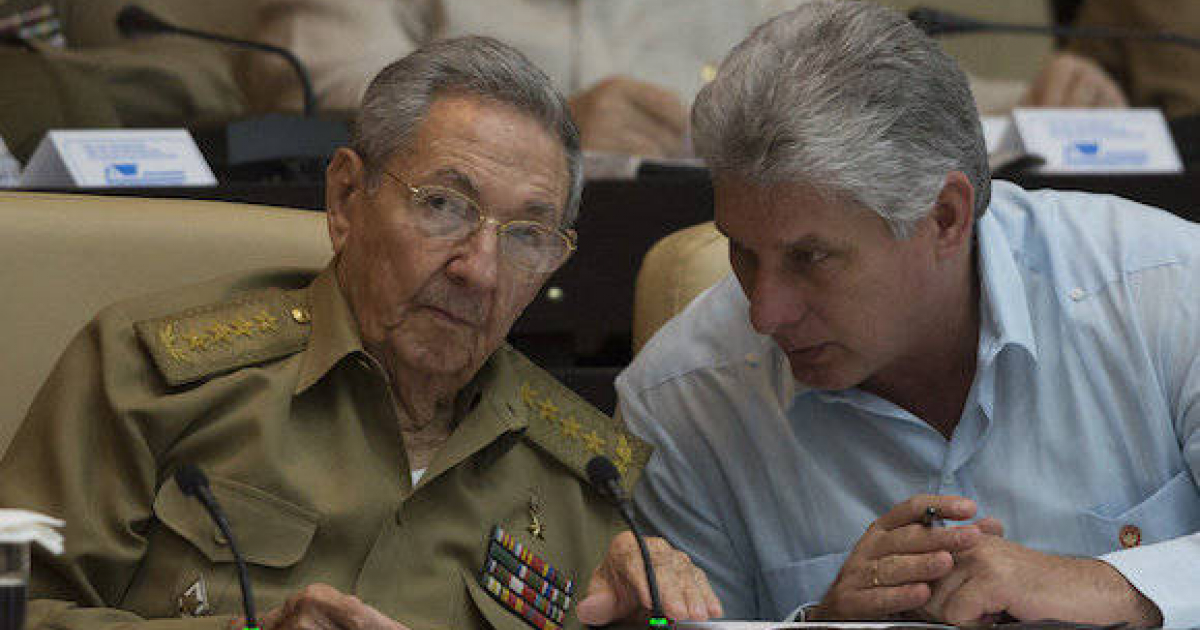
The change in policies towards Cuba announced by the president of the United States, Donald Trump, has provoked a burst of analysis about the new scenario that is opening up in relations between Washington and Havana.
The press conference organized by the leader in Miami served to stage the "new rules of the game." In the magnate's speech, what had been unofficially announced for some time was confirmed. That is, the White House asks the Cuban government for more adjustments: the calling of free elections, the release of political prisoners and respect for human rights are the pending issues.
The advance that the United States leaves is clear: avoid doing business with the Cuban Armed Forces (FAR) and promote trade with the self-employed. A message that is directed more towards the future tenants of power on the island, especially if the imminent departure of Raúl Castro from the political front is taken into account.
Restrictions on business with the Cuban military
However, it is worth closely analyzing the requests and orders issued by the Trump administration. Output the Business Administration Group (GAESA) which, although it controls 60 percent of the island's economy, has a relative impact.
Specifically, the military has control of certain sectors that are summarized below: 85% of the retail market, 40% of the hotel sector, the Mariel Special Development Zone and 27% of ETECSA. But these figures only represent 21 percent of the gross income of the largest of the Antilles.
The rest of the state apparatus controls 61% (export of sugar, nickel, petroleum products, medical services, rum, tobacco, seafood, biotechnology, telecommunications, etc.), while the private sector has 18% of the income.
It will also not be easy for the North American government to control whether tourists choose to stay in a FAR hotel. Setting up a control mechanism by the Treasury Department's Office of Foreign Assets Control (OTFAC) would involve a multi-million dollar outlay.
The departure of Raúl Castro
In this game of diplomatic chess there is a key factor: the departure of Raúl Castro as president of the country.
This change could allow for openness on the island and more dynamic economic reforms. For now, in the coming months, a law for small and medium-sized businesses will be made official, in addition to beginning the electoral process to elect municipal and provincial delegates, as well as candidates for the National Assembly.
All of this will lead to February 2018, the date on which for the first time in 59 years Cuba's top leader will not bear the last name Castro.
A text by Emilio Morales published in 'Strong coffee'
What do you think?
COMMENTFiled in: